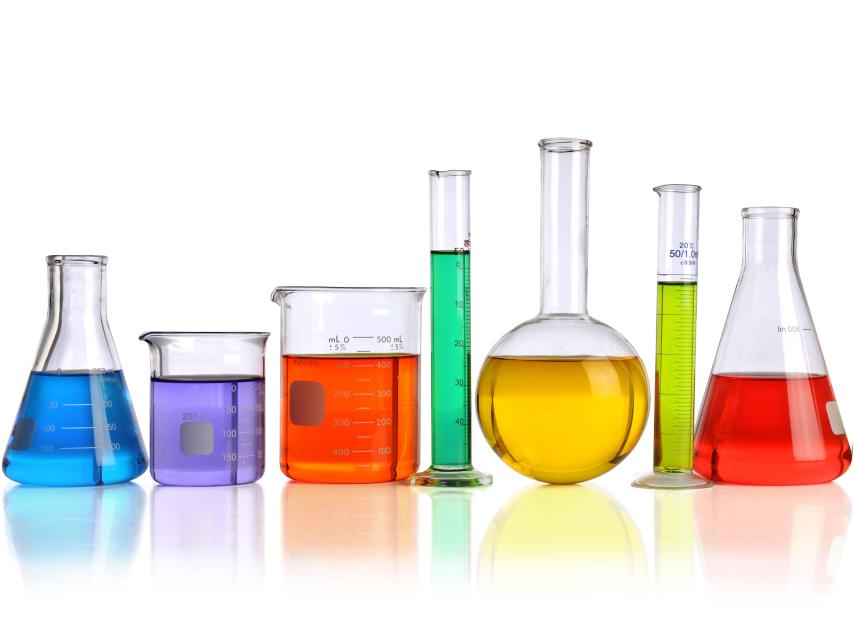Pesticide Formulation Inorganic Residue Analysis
In the realm of agricultural chemistry and environmental safety, understanding and monitoring inorganic residues within pesticide formulations is crucial. Pesticides are designed to control pests while ensuring minimal harm to non-target organisms and ecosystems. However, inorganic compounds, including heavy metals like lead, cadmium, and arsenic, can inadvertently be present during formulation or production processes. These residues pose significant risks if not properly controlled, as they can accumulate in soil, water, and food chains.
The analysis of inorganic residues is a critical component for ensuring that pesticide formulations meet international standards and regulatory requirements. This service involves precise laboratory testing to identify the presence and concentration levels of these compounds within formulated pesticides. By leveraging advanced analytical techniques such as Inductively Coupled Plasma Mass Spectrometry (ICP-MS) and X-ray Fluorescence (XRF), we can provide accurate, reliable data that helps our clients meet stringent regulatory standards.
Our approach to pesticide formulation inorganic residue analysis is comprehensive. We begin by receiving the pesticide sample from our client, ensuring it is prepared according to best practices for accuracy and consistency. Once the sample is received, we conduct a thorough examination using state-of-the-art equipment tailored specifically for detecting trace levels of inorganic compounds.
The results generated are detailed reports that outline not only the detected residues but also provide insights into potential risks associated with these findings. These reports serve multiple purposes: they inform regulatory submissions, guide product reformulations, and support market compliance strategies. By providing this level of assurance, we help our clients maintain a competitive edge in an increasingly regulated global marketplace.
Our commitment to excellence extends beyond just the analysis; it includes continuous improvement through ongoing research into new technologies and methodologies. This ensures that our services remain at the forefront of industry standards. Additionally, we pride ourselves on excellent customer service, offering rapid turnaround times and clear communication throughout each phase of the testing process.
Understanding the importance of this work, especially in light of growing consumer awareness regarding health and environmental impacts, underscores why rigorous quality control measures are necessary. As part of our dedication to fostering safer agricultural practices worldwide, we offer this service as one element among many aimed at promoting sustainable development within the agrochemical sector.
Why It Matters
The significance of pesticide formulation inorganic residue analysis cannot be overstated. Accurate detection and quantification of trace elements like lead, mercury, arsenic, and other heavy metals are essential for ensuring public health and environmental protection. These residues can accumulate over time and pose long-term risks if not properly managed.
- Health Implications: Exposure to high levels of certain inorganic compounds has been linked to various diseases including cancer, neurological disorders, and cardiovascular problems.
- Ecological Impact: Accumulation of these substances can lead to soil degradation, water pollution, and harm to wildlife. This disrupts natural ecosystems and compromises biodiversity.
Compliance with international regulations such as those set forth by the World Health Organization (WHO), European Food Safety Authority (EFSA), and United States Environmental Protection Agency (EPA) is paramount for manufacturers operating globally. Non-compliance can result in product recalls, legal penalties, and damage to brand reputation.
Furthermore, consumer trust plays a vital role in the success of any agricultural business. Transparent communication about product safety contributes significantly towards building this confidence. By adhering to strict quality control protocols during pesticide formulation, companies demonstrate their commitment to producing safe products that meet or exceed industry standards.
Scope and Methodology
The scope of our pesticide formulation inorganic residue analysis service includes comprehensive evaluation of trace elements present in formulated pesticides. This encompasses a range of heavy metals such as lead (Pb), cadmium (Cd), mercury (Hg), arsenic (As), selenium (Se), and others deemed relevant by regulatory bodies.
The methodology employed involves several key steps to ensure accurate results:
- Sample Preparation: Raw materials used in the formulation are analyzed individually before being combined into final product samples. This step helps isolate potential sources of contamination early on.
- Analytical Techniques: Advanced instrumentation such as ICP-MS and XRF is utilized to measure trace levels of targeted elements accurately. These instruments offer high sensitivity and precision, allowing for detection even at parts per billion (ppb) concentrations.
- Data Interpretation: Expert interpretation of raw data ensures that results are correctly contextualized within broader regulatory frameworks applicable to the specific pesticide formulation being analyzed.
The methodology also adheres strictly to internationally recognized standards such as ISO 17025 for proficiency in laboratory management systems. This guarantees consistency and reliability across all analyses conducted under this service offering.
International Acceptance and Recognition
To ensure our services are widely accepted, we align ourselves with global standards set by authoritative bodies. Here’s a list of key international organizations whose guidelines we follow:
- WHO (World Health Organization): Ensures that pesticide formulations do not contain harmful levels of inorganic residues.
- EFSA (European Food Safety Authority): Sets limits on allowable concentrations to protect human health and the environment.
- EPA (United States Environmental Protection Agency): Provides regulatory framework for safe use of pesticides while minimizing adverse effects on ecosystems.





